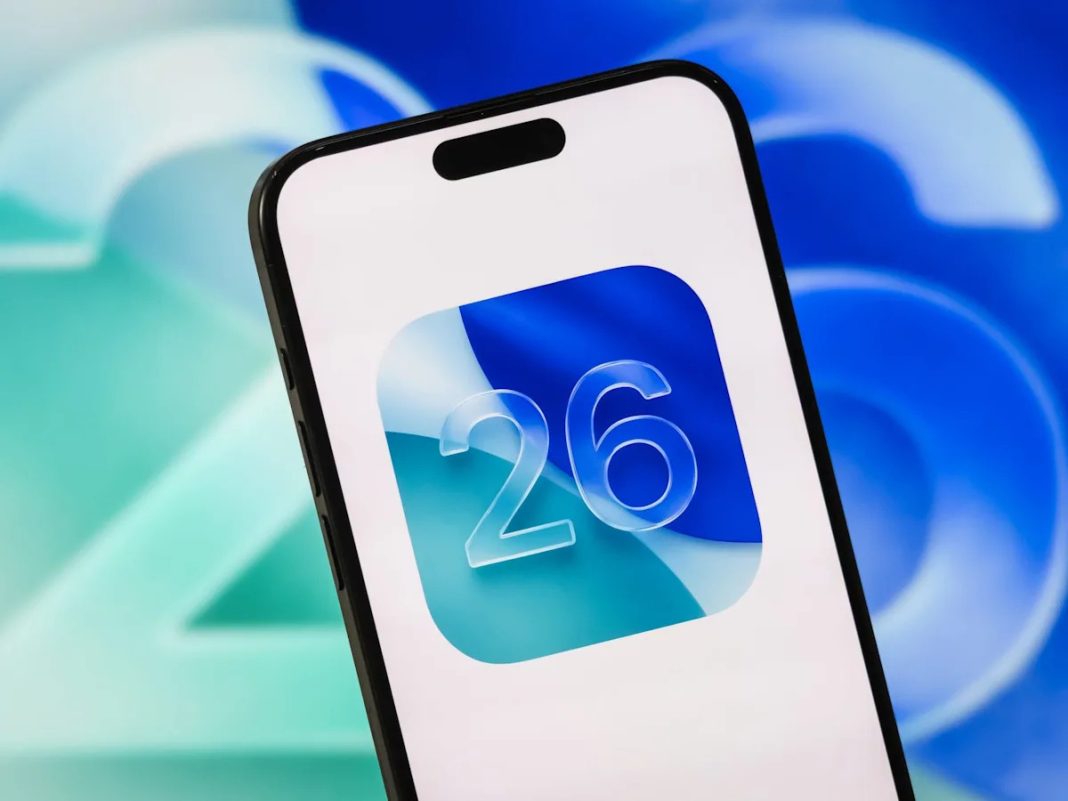-
Apple’s iOS 26 will allow users to filter out texts from unknown senders.
-
That could be a big financial problem for campaigns that rely on texts for donations.
-
One GOP group is warning that it could lead to a $500 million loss for GOP campaigns overall.
Apple’s new spam text filtering feature could end up being a multimillion-dollar headache for political campaigns.
iOS 26 includes a new feature that allows users to filter text messages from unrecognized numbers into an “Unknown Senders” folder without sending a notification. Users can then go to that filter and hit “Mark as Known” or delete the message.
In a memo seen by BI and first reported by Punchbowl News, the official campaign committee in charge of electing GOP senators warned that the new feature could lead to a steep drop in revenue.
“That change has profound implications for our ability to fundraise, mobilize voters, and run digital campaigns,” reads a July 24 memo from the National Republican Senatorial Committee, or NRSC.
The memo estimated that the new feature could cost the group $25 million in lost revenue and lead to a $500 million loss for GOP campaigns as a whole, based on the estimate that 70% of small-dollar donations come from text messages and that iPhones make up 60% of mobile devices in the US.
Though some people may choose to sign up for a campaign’s text messages, individuals often get texts from campaigns that they didn’t sign up for, but who purchased a contact list from elsewhere.
Campaigns in both parties rely on these sometimes unsolicited text messages not just for fundraising, but for voter turnout messages.
“Unilaterally blocking campaigns and political parties from being able to contact voters with get-out-the-vote or persuasive messaging is voter disenfranchisement,” Joanna Rodriguez, a spokeswoman for the NRSC, said in a statement to BI. “It’s critical Apple delay their rollout of this feature until these concerns have been addressed.”
iOS 26 is expected to be rolled out in mid-September. Apple senior executive Darin Adler said at the company’s Worldwide Developers Conference in June that users using the feature “would continue to see important time-sensitive messages” like verification codes and scheduling-related messages.
Adler characterized the new feature as giving users “total control over who appears in your conversation list.”
The NRSC memo also said that lobbyists and trade groups have been “asleep at the wheel” when it comes to the new feature and that Apple “isn’t engaging.” A spokesperson for the company declined to comment.
“We have only a few weeks left before the public release,” reads the memo. “If we’re going to push back, it has to be now. We have a very narrow window to fix this.”
Mike Nellis, the founder of the Democratic digital fundraising firm Authentic, told BI that members of his party “need to take this seriously, but good-faith actors won’t see as much of a hit.”
“If you’re panicking about losing $500 million in revenue, it probably means you were scamming people in the first place,” Nellis said. “If you can’t raise money online without misleading your supporters, you deserve what you get.”
Nellis also said the change underscores why campaigns need to have a diverse array of fundraising and communication channels.
“When there’s a regulatory, product, or voter shift, you still need reliable ways to reach people,” Nellis said.
Read the original article on Business Insider

